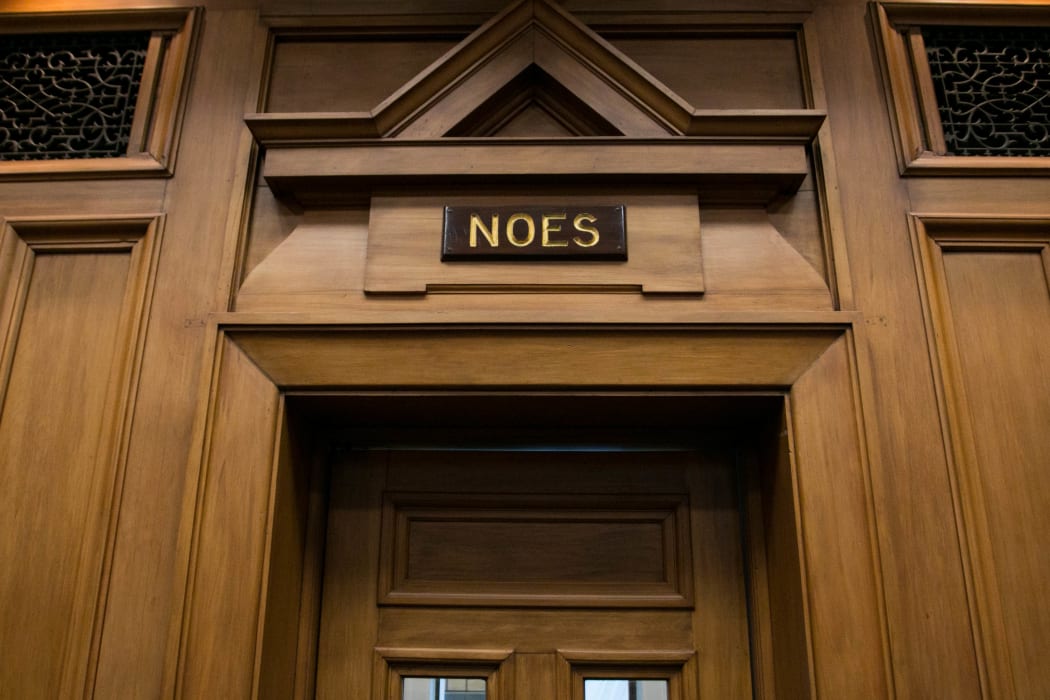The new Labour MP Priyanca Radhakrishnan made a poetic observation in debate last week that there are two kinds of bills. Some bills, she said, are quiet and make small improvements in people’s lives; while others are explosive, command attention, and transform society.
Those louder bills are less common, but one is currently before Parliament, and it promises to be very explosive.

ACT leader David Seymour's End of Life Choice Bill has passed its first reading in Parliament. Photo: VNP / Daniela Maoate-Cox
David Seymour’s End of Life Choice Bill outlines a mechanism whereby the terminally ill can seek to take matters into their own hands and end their lives. The Bill had its first reading this week. This first debate is when the House either rejects a Bill outright or accepts it is worth discussing in Select Committee.
Euthanasia is the kind of topic political parties seldom have formal policies on. Even within parties opinions can vary widely and strongly. This is true of many the explosive bills that Priyanca Radhakrishnan described. So, many transformative bills are brought by backbenchers rather than governments.
Smacking reform, homosexual legalisation, gay marriage, and prostitution reform were all members bills and conscience issues. They were all issues on which MPs had strong opinions and spoke their minds freely.
When these kinds of issues come to a contested vote, the Speaker can declare them a matter of conscience on which MPs should vote individually, rather than as a party. It’s called a Personal Vote.
This allows people to vote how they feel rather than following the decision of their leaders or caucus.

Directly across from the Ayes Door, the Noes Door. Photo: VNP / Daniela Maoate-Cox
Since MMP began, most votes in the House are party votes, when the MPs vote and are counted as blocks. But in Personal Votes, like this one, MPs are counted one by one, as they exit the debating chamber through doors on either side of the room which - very helpfully - have Ayes and Noes inscribed above them.
Before the vote, the division bell is rung for two minutes to get any stragglers time to dash from their offices to be included.
On this occasion, once they had all filed in and out, the Bill was successful in passing the first hurdle and being sent to Select Committee by a vote of 76 to 44.



